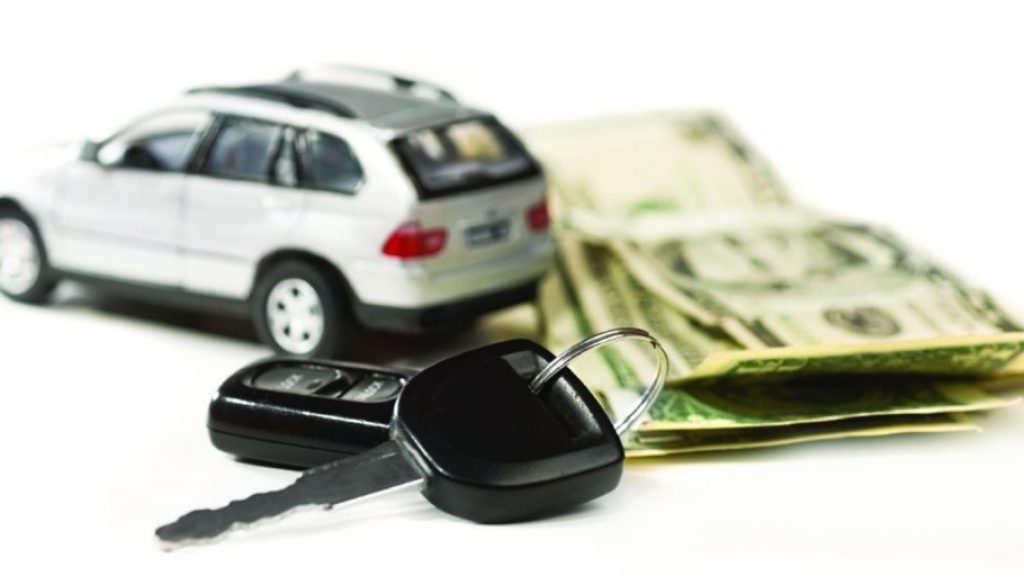A vehicle is a necessity in most homes. Without it, getting to work, school or heading for a time-out with your family can be a hassle. However, it’s very likely that your car’s value is much less than the balance of the debt owed on it. This is due the rapid rate vehicles depreciate in value. Perhaps you have high car payments, and this is causing you to fall behind on other bills, like your mortgage, utilities and so on.
Bad auto loans can be financially devastating. In some extreme cases, debtors may even have to pay auto loans more than twice the original value of their vehicle and at ridiculous interest rates. “Cramming down” your auto loan under Chapter 13 bankruptcy helps to reduce the balance you have to pay to the fair market value of the vehicle. The reduced amount is repaid within 36 to 60 months through the Chapter 13 repayment plan.
In some cases, the savings are enormous. This process, known as a “cram-down” is only available in Chapter 13, not in Chapter 7. If the value of your vehicle exceeds the amount you owe or the interest on the vehicle is excessive, a vehicle loan cram-down under Chapter 13 bankruptcy can slash your interest rate, cut down your balance, and reduce your payment. This means a Chapter 13 bankruptcy debtor may still be able to keep his or her vehicle while making lower monthly payments – a benefit that is not available under Chapter 7 bankruptcy.
The 910-day Cram-down Rule
There are a few legal limitations that apply to the auto loan cram down. A major rule is that the debtor’s auto loan should be at least 910 days old (or 2½ years) on the date when the case is filed. In addition, the debtor in the case must be eligible to receive a discharge under Chapter 13. A discharge in bankruptcy eliminates personal liability for the unsecured debt, like credit cards, medical expenses, and unsecured loans.
Secured and Unsecured Debts
The cram-down provision of Chapter 13 allows a bankruptcy court to bifurcate or divide a creditor’s claim into two parts. The first part is known as the secured claim while the second is known as an unsecured claim. The secured claim is measured up to the value of the securing collateral while the unsecured claim is treated the same way as other general unsecured debts.
For instance, if the fair market value of a vehicle is $10,000 and a debtor secured a loan of $20,000, the bankruptcy court may consider $10,000 as the secured claim and the other $10,000 as unsecured under the cram-down provisions of Chapter 13 bankruptcy. The secured claim is repaid over a three to five year period in the repayment plan while the remaining unsecured debt is treated as credit cards, medical bills, and other general unsecured debts. Indeed, vehicle loan cram-down has huge benefits for an exorbitant auto loan.
Making Vehicle Loan Cram-down Permanent
To make the auto loan cram-down plan under Chapter 13 permanent, you must complete the payment plan. If the plan is incomplete, the original balance and interest of the loan may be restored and added to your payment balance.
Factors Affecting Cram-down
Non-filing Co-Debtors: If you have a co-debtor on an auto loan who has not filed for bankruptcy, a cram-down is not practical. This usually occurs in situations when a husband and wife applied for an auto loan together, with only either of them filing for Chapter 13 bankruptcy. In such situations, the creditor may not accept a cram-down, and could even seek repossession or compensation at the end of the bankruptcy from the non-filing spouse.
Cross-Collateralized Auto Loans: The cram-down provision can be important in handling cross-collateralization, especially in credit union loans. Cross-collateralization is designed in such a way that the credit union can make use of a debtor’s vehicle as collateral for subsequent credits issued by the credit union.
If you still have questions about how your car loan and Bankruptcy will affect you when you file, and live in the Philadelphia, PA vicinity, please call the Law Office of Sharon S Masters for a free, no-obligation consultation. Attorney Sharon Masters will speak with you personally and can be reached at (610) 322-5277 or at [email protected].

